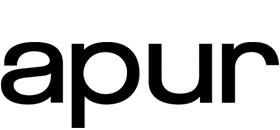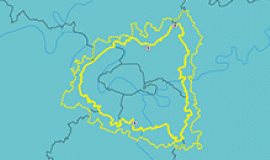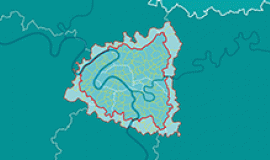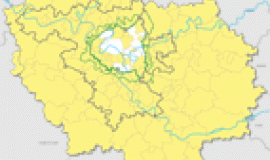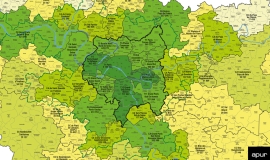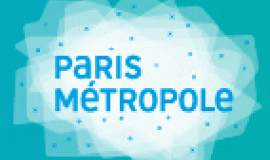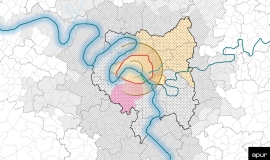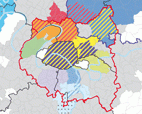
The central question of this study, run jointly by Paris Metropole, Apur and IAU-IdF is: can the flexible co-operation within a project reduce the risk of forming a borderline effect between the future metropolis of Grand Paris and the territories of the outer ring of suburbs?
But what is “flexible co-operation within projects” ?
This consists of only slightly institutionalized types of co-operation between local authorities or inter-municipalities, possibly involving other partners, all of which are linked to territorial or development projects. Although this approach has been studied very little, interest has been growing over the past ten years, particularly in île-de-France. Its strength lies mainly in its flexibility and reactivity compared with that of weighty institutionalization, its adaptability to a project’s theme (transport, education, economic development) and its temporary character.
The value of this study is to be found in the analysis of existing co-operative projects in Île-de-France, enabling a better understanding of their make up, as well as their advantages and limitations. It throws light on how they can be used in the new institutional context of Grand Paris, by public authorities wishing to set up or reinforce common projects shared between a number of territories within the metropolis or at the peripheral interface between the metropolis and the ring of outer suburbs.
